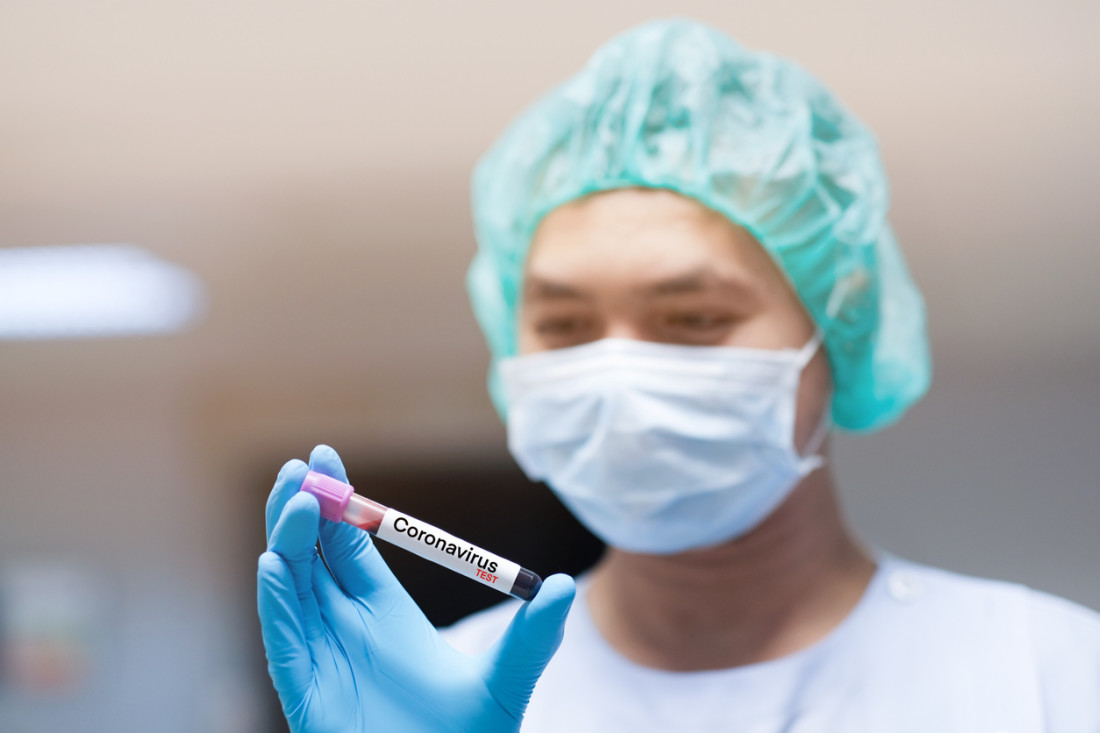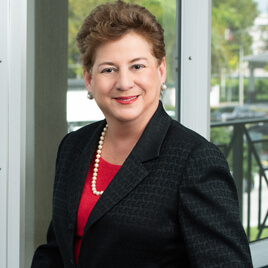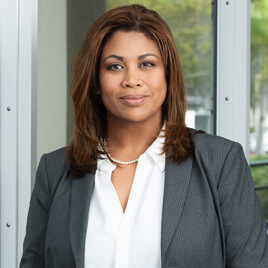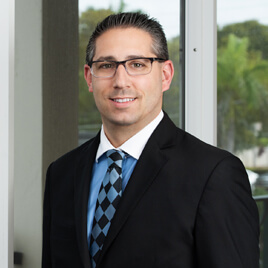
A Lack of Professional Standards in a Pandemic or Similar Health Crisis?
All physicians are expected to demonstrate a certain level of skill and care, commensurate with the treatment they are providing. As one article explains, "[p]hysicians have a legal duty to provide a certain standard of skill and care to their patients. The legal duty of care is created when a physician agrees to treat a patient, who has requested his or her services. In determining what the duty requires, physicians should consider whether the care they are providing is that which a 'reasonable physician' would provide under the circumstances." Cara E. Davies and Randi Zlotnick Shaul, Physicians' Legal Duty of Care and Legal Right to Refuse to Work During a Pandemic, 182 CMAJ, 167-170 (Feb. 2010). Yet, the standards of reasonableness change depending upon the nature of situation. "In a non-crisis setting, the prevailing medical standard of care focuses on the needs of each individual patient and is centered on the principle of informed consent. In a public health emergency, however, such concentrated care may be impossible or inadvisable due to: (1) resource limitations and (2) the goal of saving as many lives as possible." Valerie Gutmann Koch and Beth E. Roxland, Unique Proposals for Limiting Legal Liability and Encouraging Adherence to Ventilator Allocation Guidelines in an Influenza Pandemic, 14 DePaul J. Health Care L. 467 (2013). The latter situation applies to medical professionals operating during the current COVID-19 pandemic.
In addition to the daily risk of contracting illness, the scarcity of medical supplies and available resources seen in a pandemic, the dilemma that many physicians and medical professionals face is that the majority of "professional codes of ethics are silent on the issue of the duty to care during communicable disease outbreaks; thus providing no guidance on what is expected of health care providers." Carly Ruderman, C. Shawn Tracy, Cecile M. Bensimon, Mark Bernstein, Laura Hawryluck, Randi Zlotnick Shaul and Ross EG Upshur, On Pandemics and the Duty to Care: Whose Duty? Who Cares?, 7, BMC Med. Ethics (Apr. 2006).
Generally, professional codes serve as guideposts for the creation of law as the legal community relies on the customs within the medical profession, as well as the judgments of practitioners in creating, interpreting and enforcing laws. Ariel R. Schwartz, Doubtful Duty: Physicians' Legal Obligation to Treat During an Epidemic, 60, Stanford L.J., 664, 657-694 (November, 2007). The lack of such clear standards during a pandemic creates yet another layer of complexity--and potential liability--for the healthcare professional, since it is professional standards and guidance that create the benchmark for a "reasonable" standard of care. Carly Ruderman, C. Shawn Tracy, Cecile M. Bensimon, Mark Bernstein, Laura Hawryluck, Randi Zlotnick Shaul and Ross EG Upshur, On Pandemics and the Duty to Care: Whose Duty? Who Cares?, 7, BMC Med. Ethics (Apr. 2006). Reliance upon a professional code for guidance in providing care, even in a fluid pandemic, is essential, as recognized by the American Medical Association ("AMA"). For example the AMA policy document entitled Physician Obligation in Disaster Preparedness and Response, adopted in June 2004, provides the following:
Because of their commitment to care for the sick and injured, individual physicians have an obligation to provide urgent medical care during disasters. This ethical obligation holds even in the face of greater than usual risks to their own safety, health or life. The physician workforce, however, is not an unlimited resource; therefore, when participating in disaster responses, physicians should balance immediate benefits to individual patients with ability to care for patients in the future.
"During a public health emergency, [a physician] will be held to the standard of care that a "reasonable" medical provider would have given in that same or a similar situation, and … one way to protect individual clinicians from tort liability is to ensure that emergency protocols are followed for triage decision-making." Ian A. Stewart and Benjamin W. Jonas, Employing Crisis Standards of Care in Response to the COVID-19 Pandemic, N. Law. Rvw., (March 26, 2020). The key to defending a claim is documentation of the care provided, the reasons for the decisions made in triage and the judgment of the physician in determining the nature of the care and treatment provided. While documentation during emergencies can be difficult, timely documentation, created as contemporaneously as reasonably possible, is crucial to defend claims and avoid liability.
Physicians may face liability due to circumstances beyond their control, when treating patients during a pandemic/epidemic event. The inability to obtain and use the proper resources could potentially lead to the injury and/or death of a patient. In this regard, "the AMA recommends that resources should be allocated based on the urgency of need, the likelihood and anticipated duration of benefit, and the change in the quality of life. … Priority should be given to those patients for whom treatment will avoid premature death or extremely poor outcomes, followed by patients who will experience the greatest change in quality of life." Ian A. Stewart and Benjamin W. Jonas, Id. Documentation as to the decisions made in allocating resources are of utmost import, particularly since family members are not allowed to be with the ill and dying patients, and do not have first-hand knowledge of the patient's condition and prognosis.
If Professional Standards Are Lacking or Rapidly Evolving, What Then?
Until now. "[a]t both the state and federal level, no uniform legal protection exists for the provision of care pursuant to disaster plans or guidance during a health crisis." Valerie Gutmann Koch and Beth E. Roxland, Unique Proposals for Limiting Legal Liability and Encouraging Adherence to Ventilator Allocation Guidelines in an Influenza Pandemic, 14 DePaul J. Health Care L. 467 (2013). However, physicians can take certain measures to present a strong defense to any claim which may be brought against them. The State of New York has just taken an unprecedented measure, and the Governor has issued an Order holding medical providers immune from liability for the provision of medical care during the COVID-19 pandemic. Whether the Governor has the power to issue such an Order will remain to be seen.
As noted,. physicians should follow the guidance of the AMA Code, as the Supreme Court and state legislatures alike have tended to follow the AMA provisions when both creating and interpreting the law. While medical malpractice lawsuits arising from services provided during a catastrophe are relatively rare, medical professionals who respond in a crisis situation should understand the potential for civil tort exposure, given the deviation from the normal standard of care that may exist by necessity. "[C]ourts evaluating the conduct of a healthcare provider [in such a crisis] should take into account the particular circumstances surrounding an emergency event where resources may be scarce and healthcare systems and providers may be overwhelmed." Ian A. Stewart and Benjamin W. Jonas, Employing Crisis Standards of Care in Response to the COVID-19 Pandemic, N. Law. Rvw., (March 26, 2020). But, as every medical professional knows, whether in an emergency or otherwise, merely following the prevailing standard of care or guidelines (assuming they exist) will not alone protect a medical professional from a potential negligence suit. The physicians must document and have evidence that reasonable care was provided, under the circumstances, in accordance with the AMA guidelines. While "demonstrating that a health care provider or entity followed the [Code's - albeit local or AMA- driven] guidelines would only constitute evidence of meeting the standard of care, and would not insulate that individual or entity from suit." However, good documentation is the best tool in defending claims. Valerie Gutmann Koch and Beth E. Roxland, Unique Proposals for Limiting Legal Liability and Encouraging Adherence to Ventilator Allocation Guidelines in an Influenza Pandemic, 14 DePaul J. Health Care L. 467 (2013).
Physicians are bound to use the standard of "reasonable care" in treating their patients. However, during a pandemic/epidemic event, where the standard of care benchmark may differ from the "reasonable care" otherwise exercised, it would be prudent for physicians to follow the guidelines (local or AMA) which may form the basis for a standard of care to be used during such a crisis. Healthcare providers are uniquely situated - having to provide care and life-saving measures in both the "normal" course of business, as well as in situations where such "normalcy" is non-existent, as in the case of an epidemic/pandemic event. This blog post is meant to serve as a highlight of the guideposts for those healthcare providers, risking their own safety, along with that of their families and friends, whilst fighting the current COVID-19 battle.
Carmen Y. Cartaya, Aleida M. Mielke and Dale S. Dobuler are Shareholders national litigation law firm Segal McCambridge Singer & Mahoney. Ian P. Singer is an Associate with the firm. The four focus their practice on the defense of physicians and other medical providers in medical malpractice claims and litigation. Mr. Dobuler's practice involves complex insurance coverage matters and bad faith.




